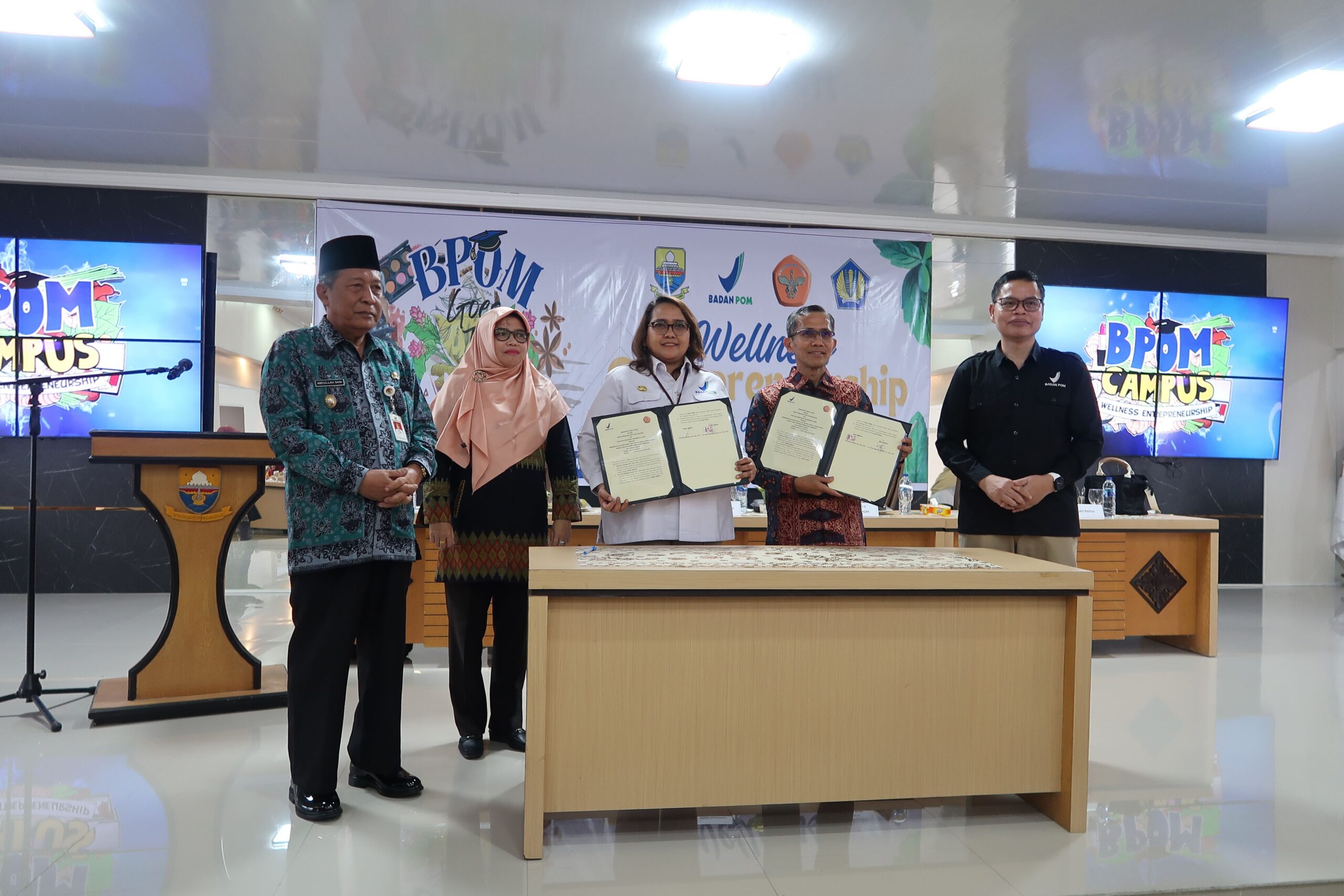
Best Practices of MBKM in Universitas Jambi Liberating Learning Space for Future inkers (Sutrisno, Delita Sartika, Bambang Irawan, Sahrial, Benedika Ferdian Hutabarat, Tia Wulandari)
Abstract
Universitas Jambi’s strategic platform UNJA SMART – which stands for Student achievement, Management transformation, Academic reputation, Relevance of graduate’s competences, and Technology for digital transformation – has reframed and driven crucial changes in UNJA’s transformation into a world-class entrepreneurship university. Łe platform directs UNJA’s endeavors in accomplishing higher education’s Key Performance Indicator (KPI) while simultaneously driving continuous innovations to increase its competitiveness in a global context. On the launching of the new national standards of higher education in 2020, which introduced MBKM policy (Merdeka Belajar – Kampus Merdeka), UNJA responded swiftly by using the policy to accelerate the generation of a new educational ecosystem that fosters students to experience learning in a revolutionary way.To navigate a dynamic transition period in implementing MBKM, UNJA has adopted four main strategies, i.e. directing curriculum relaxation and revitalization, developing digital academic system that supports the dynamics MBKM programs, building a solid quality assurance mechanism, and enhancing external partnerships to facilitate students’ off- campus learning. Łese strategies have effectively improved MBKM implementation in UNJA indicated by a significant growth in both students’ participation and variations of MBKM programs. Besides national programs promoted by the ministry, UNJA has initiated a wide range of independent MBKM programs, including ones that promote Jambi’s local resources such as Summer Camp Program in Muaro Jambi Temple, Merangin Geopark and Forestry, Pro-Ide and PHP2D (innovations for villages and rural areas), Desa Laboratorium Terpadu (villages as integrated learning laboratory), entrepreneurship projects, and humanitarian projects. Future innovations of MBKM in UNJA are directed towards designing international MBKM programs that can facilitate collaborations between UNJA’s students and foreign student.
























































































































































































